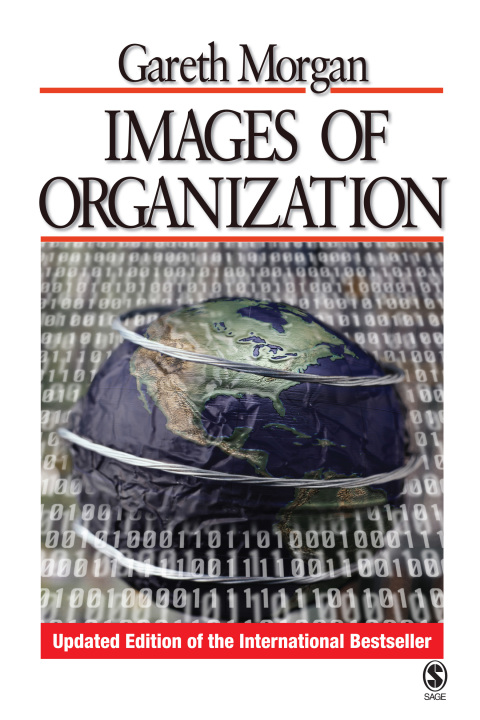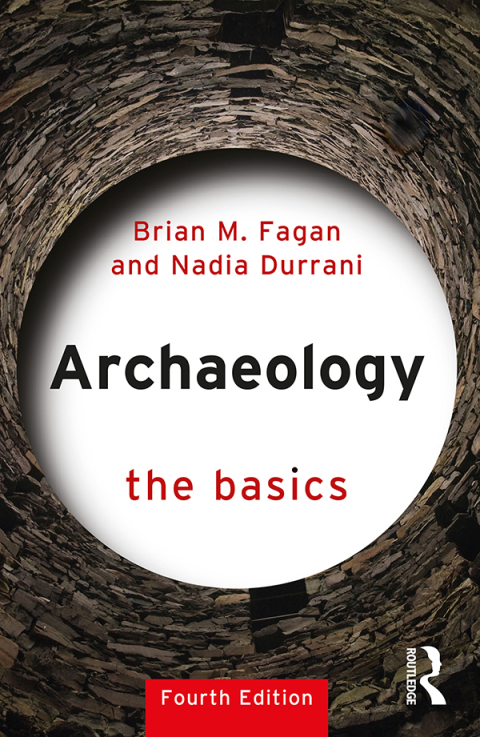Description
Efnisyfirlit
- Cover page
- Dedication
- Title
- Copyright
- Contents
- Preface
- Acknowledgments
- PART I: AN OVERVIEW
- 1. INTRODUCTION
- PART II: SOME IMAGES OF ORGANIZATION
- 2. MECHANIZATION TAKES COMMAND: ORGANIZATIONS AS MACHINES
- Machines, Mechanical Thinking, and the Rise of Bureaucratic Organization
- The Origins of Mechanistic Organization
- Classical Management Theory: Designing Bureaucratic Organizations
- Scientific Management
- Strengths and Limitations of the Machine Metaphor
- 3. NATURE INTERVENES: ORGANIZATIONS AS ORGANISMS
- Discovering Organizational Needs
- Recognizing the Importance of Environment: Organizations as Open Systems
- Contingency Theory: Adapting Organization to Environment
- The Variety of the Species
- Contingency Theory: Promoting Organizational Health and Development
- Natural Selection: The Population-Ecology View of Organizations
- Organizational Ecology: The Creation of Shared Futures
- Strengths and Limitations of the Organismic Metaphor
- 4. LEARNING AND SELF-ORGANIZATION: ORGANIZATIONS AS BRAINS
- Images of the Brain
- Organizations as Information Processing Brains
- Creating Learning Organizations
- Cybernetics, Learning, and Learning to Learn
- Can Organizations Learn to Learn?
- Guidelines for “Learning Organizations”
- Organizations as Holographic Brains
- Principles of Holographic Design
- Strengths and Limitations of the Brain Metaphor
- 5. CREATING SOCIAL REALTY: ORGANIZATIONS AS CULTURES
- Culture and Organization
- Organization as a Cultural Phenomenon
- Organization and Cultural Context
- Corporate Cultures and Subcultures
- Creating Organizational Reality
- Culture: Rule Following or Enactment?
- Organization: The Enactment of a Shared Reality
- Strengths and Limitations of the Culture Metaphor
- 6. INTERESTS, CONFLICT, AND POWER: ORGANIZATIONS AS POLITICAL SYSTEMS
- Organizations as Systems of Government
- Organizations as Systems of Political Activity
- Analyzing Interests
- Understanding Conflict
- Exploring Power
- Managing Pluralist Organizations
- Strengths and Limitations of the Political Metaphor
- 7. EXPLORING PLATO’S CAVE: ORGANIZATIONS AS PSYCHIC PRISONS
- The Trap of Favored Ways of Thinking
- Organization and the Unconscious
- Organization and Repressed Sexuality
- Organization and the Patriarchal Family
- Organization, Death, and Immortality
- Organization and Anxiety
- Organization, Dolls, and Teddy Bears
- Organization, Shadow, and Archetype
- The Unconscious: A Creative and Destructive Force
- Strengths and Limitations of the Psychic Prison Metaphor
- 8. UNFOLDING LOGICS OF CHANGE: ORGANIZATION AS FLUX AND TRANSFORMATION
- Autopoiesis: Rethinking Relations With the Environment
- Enactment as a Form of Narcissism: Organizations Interact With Projections of Themselves
- Identity and Closure: Egocentrism Versus Systemic Wisdom
- Shifting “Attractors”: The Logic of Chaos and Complexity
- Managing in the Midst of Complexity
- Loops, Not Lines: The Logic of Mutual Causality
- Contradiction and Crisis: The Logic of Dialectical Change
- Dialectical Analysis: How Opposing Forces Drive Change
- The Dialectics of Management
- Strengths and Limitations of the Flux and Transformation Metaphor
- 9. THE UGLY FACE: ORGANIZATIONS AS INSTRUMENTS OF DOMINATION
- Organization as Domination
- How Organizations Use and Exploit Their Employees
- Organization, Class, and Control
- Work Hazards, Occupational Disease, and Industrial Accidents
- Workaholism and Social and Mental Stress
- Organizational Politics and the Radicalized Organization
- Multinationals and the World Economy
- The Multinationals as World Powers
- Multinationals: A Record of Exploitation?
- Strengths and Limitations of the Domination Metaphor
- PART III: IMPLICATIONS FOR PRACTICE
- 10. THE CHALLENGE OF METAPHOR
- Metaphors Create Ways of Seeing and Shaping Organizational Life
- Seeing, Thinking, and Acting in New Ways
- 11. READING AND SHAPING ORGANIZATIONAL LIFE
- The Multicom Case
- Interpreting Multicom
- Developing a Detailed Reading and “Storyline”
- Multicom From Another View
- “Reading” and Emergent Intelligence
- 12. POSTSCRIPT
- Bibliographic Notes
- 1: Introduction
- 2: The Machine Metaphor
- 3: The Organismic Metaphor
- 4: The Brain Metaphor
- 5: The Culture Metaphor
- 6: The Political Metaphor
- 7: The Psychic Prison Metaphor
- 8: The Flux and Transformation Metaphor
- 9: The Domination Metaphor
- 10: The Challenge of Metaphor
- 11: Reading and Shaping Organizational Life
- 12: Postscript
- Bibliography
- Index
- About the Author





